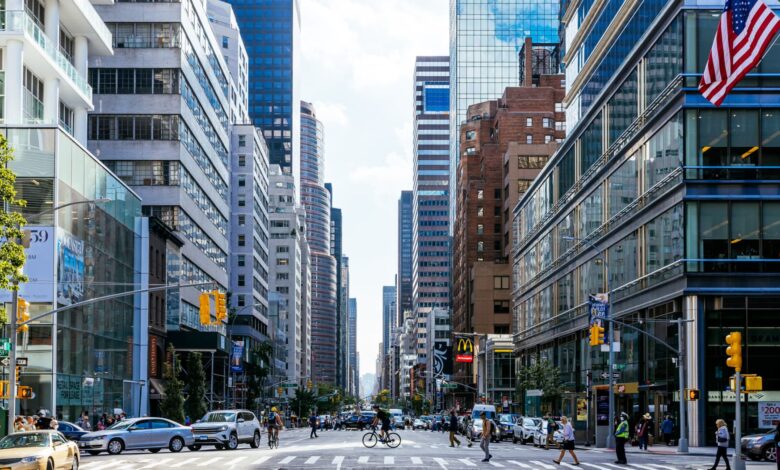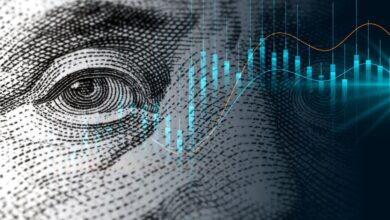CEO recession expectations decline from April scare, survey says

Business leaders in the United States are starting to shift their outlook on the economy, with fewer CEOs now predicting a recession in the near future. This change comes after President Donald Trump’s announcement of tariffs, which initially sparked concerns about a potential economic downturn.
According to a survey conducted by Chief Executive Group, less than 30% of CEOs now forecast a mild or severe recession over the next six months. This is a significant decrease from the 46% who expressed similar concerns in May and the 62% in April. Additionally, more than 40% of CEOs polled in June expect some level of growth in the U.S. economy, nearly double the percentage from April.
Expectations for flat economic growth have also risen in recent months, reflecting a cautious optimism among business leaders. Some market participants have raised concerns about the possibility of “stagflation,” a scenario characterized by stagnant economic growth and persistent inflation.
The shifting outlook among corporate America’s leaders can be attributed to the evolving policy around Trump’s tariffs. Many large companies have maintained their earnings outlooks unchanged due to the uncertainty surrounding the president’s trade policies. Trump’s tariff announcements in April initially rattled financial markets, leading to concerns about reduced consumer spending. However, the market recovered after some of the duties were put on hold.
As the White House continues negotiations with various countries, including the United Kingdom and China, business leaders are closely monitoring the situation. The current reprieve on tariffs is set to expire soon, adding to the uncertainty surrounding trade policy.
Talk of a potential economic slowdown has become more prevalent in corporate earnings calls, with mentions of “recession” doubling compared to the previous year. Companies like International Flavors & Fragrances have acknowledged the potential impact of global trade policy changes on macroeconomic stability.
Concerns about tariffs affecting bottom lines and consumer behavior have led some companies to consider price increases. The University of Michigan’s consumer sentiment index has dropped to near-record lows as a result of tariff-related fears. However, a recent survey by the New York Federal Reserve suggests that average consumers are becoming less worried about inflation following Trump’s adjustments to trade plans.
Overall, there is a sense of cautious optimism among business leaders, with some like Home Depot’s CEO Edward Decker noting a shift from earlier recession fears to a more stable economic outlook. While uncertainties remain, the business community is adapting to the changing trade landscape and its potential impact on the economy.





